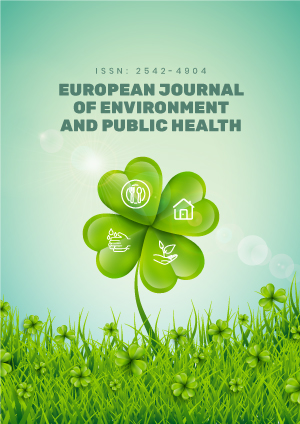Abstract
Coronavirus disease 2019 (COVID-19) is a respiratory tract infection that emerged from China in December 2019 and is caused by severe acute respiratory syndrome coronavirus 2. Due to the airborne nature of its transmission, COVID-19 spread to the rest of the world rapidly. Thus, the World Health Organization declared COVID-19 a pandemic. This paper evaluated the factors that lead to self-medication in people suffering from respiratory tract infections such as COVID-19, and the consequences of practicing self-medication using antimicrobial agents. Most of the signs and symptoms of COVID-19 are also seen in infections such as malaria, flu, and the common cold. For this reason, and also due to poor healthcare-seeking behaviour, most people tend to self-medicate using medicines that are known to be effective against malaria, common cold, and COVID-19. Among the commonly used medicines in the practice of self-medication include antibacterials, antimalarials, and antivirals. Some vitamins such as vitamin C boost the immune system enabling it to provide effective defence mechanisms against microbes. However, self-medication may pose consequences such as the emergence of antimicrobial-resistant microorganisms, hypersensitivity reactions as well as dose-dependent toxicities viz dermatoxicity, cardiotoxicity, and hepatoxicity. Infectious diseases caused by antimicrobial-resistant microbes are difficult and, in some instances, impossible to treat thereby leading to increased morbidity and mortality among infected people. Consequently, antimicrobial resistance poses another global public health problem and requires a multisectoral approach to curb. It is our recommendation that all governments ensure that there are adequate medicines and efficient human resources in healthcare facilities as well as sufficient public awareness to prevent people from seeking self-medication.
License
This is an open access article distributed under the Creative Commons Attribution License which permits unrestricted use, distribution, and reproduction in any medium, provided the original work is properly cited.
Article Type: Letter to Editor
EUR J ENV PUBLIC HLT, Volume 5, Issue 1, 2021, Article No: em0066
https://doi.org/10.29333/ejeph/9308
Publication date: 30 Nov 2020
Article Views: 8321
Article Downloads: 5081
Open Access References How to cite this article
 Full Text (PDF)
Full Text (PDF)